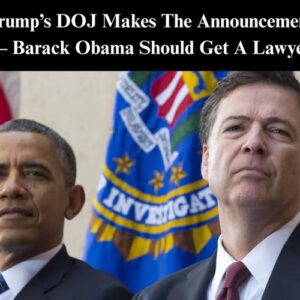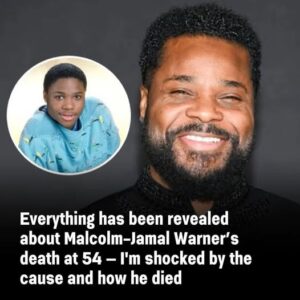What began as a simple night out at a Coldplay concert in Massachusetts has turned into a viral controversy—and now, legal speculation. Former Astronomer CEO Andy Byron found himself thrust into the spotlight after a brief, awkward on-camera moment at the July 16 concert with employee Kristen Cabot went viral on TikTok.
Within days, the video had racked up millions of views. And not long after, Byron’s career came crashing down.
Now, as the dust settles from his high-profile resignation, online chatter has raised a new question: Could Andy Byron sue Coldplay for the public fallout?
According to leading legal experts, the answer is a resounding no.
The Viral Moment That Ended a Career
For most concertgoers, a brief appearance on the jumbotron is a fun, forgettable moment. But for Andy Byron, it was career-ending.
During Coldplay’s set, Byron and Cabot were shown on the venue’s massive screen, captured in an embrace that was described online as “awkward” and “inappropriate” for a boss-employee dynamic. The clip took off like wildfire on TikTok, sparking thousands of comments criticizing Byron’s behavior and speculating about the nature of their relationship.
Astronomer, the tech company where Byron served as CEO, responded quickly and decisively.
“Our leaders are expected to set the standard in both conduct and accountability,” the company said in a statement. “That standard was not met.”
The fallout was swift. Byron resigned, and Cofounder and Chief Product Officer Pete DeJoy stepped in as interim CEO while the company begins its search for new leadership.
Could Byron Really Sue Coldplay?
Following his public resignation, rumors started spreading that Byron might consider taking legal action against Coldplay, the band whose concert provided the backdrop to his viral moment.
Some speculated that he might argue reputational harm or invasion of privacy. But legal professionals say such a lawsuit would be more fantasy than fact.
“Any legal claims from Byron would be dead on arrival,” said Ron Zambrano, attorney at West Coast Employment Lawyers, in an interview with The Mirror.
According to Zambrano, Byron’s potential case would fail for two major reasons:
No Expectation of Privacy at a Public Event
Byron and Cabot attended a public concert, where cameras routinely scan the crowd. “They waived their right to privacy the moment they walked into that venue,” Zambrano explained.
First Amendment Protection for Creative Expression
Coldplay’s use of the jumbotron during a live show is considered part of their artistic performance. Any claim that tries to limit that would be challenged as a violation of free speech and creative expression.
Legal Experts Double Down: “No Grounds for Lawsuit”
Tre Lovell, a veteran civil and entertainment attorney at The Lovell Firm, agreed with Zambrano’s analysis.
“When you are out in public, you have no right to privacy for your actions,” Lovell said. “People are free to photograph and video you.”
Lovell also pointed out that legal protection typically kicks in only when footage is used in a way that’s defamatory, false, or commercially exploitative—none of which apply to this case.
“What people can’t do is use that footage to violate your right to publicity, like profiting off your image, or portray you in a false or defamatory way. But nothing about this situation qualifies.”
In short, Coldplay did nothing legally wrong by showing Byron and Cabot on the big screen. The fallout, according to Lovell, lies squarely on Byron’s shoulders—not the band’s.
Byron and Cabot Stay Silent
Since the incident, neither Byron nor Cabot has made any public comment.
Their silence has only fueled speculation online, with many questioning whether the relationship was consensual, romantic, or inappropriate given the workplace power dynamics.
Astronomer’s official statement didn’t address Cabot’s employment status, and the company has not clarified whether an internal investigation took place.
The Price of a Public Moment
The entire ordeal has sparked a broader conversation about privacy in the digital age—especially in the era of viral content.
In a time where a few seconds on a screen can lead to a firestorm of judgment, the consequences can be life-altering. For Byron, that meant walking away from a CEO position he had worked years to earn.
But the law is clear: embarrassment is not grounds for litigation—not when the moment happened at a public event, and not when the footage wasn’t manipulated or monetized.
Public Moment, Private Consequences
While Coldplay continues their tour and millions of fans still dream of seeing themselves on the jumbotron, this incident is a cautionary tale for anyone in a public role.
For Andy Byron, a few seconds of unscripted footage led to intense scrutiny, professional downfall, and public humiliation.
But as far as legal justice goes? There’s little he can do.
Because in the eyes of the law, being caught on camera in public—no matter how uncomfortable the moment—doesn’t mean your rights were violated. It just means you were seen.





